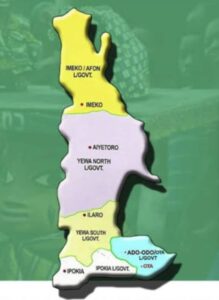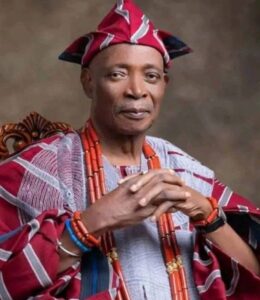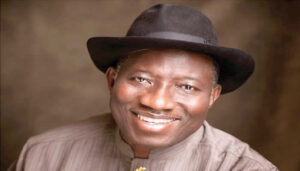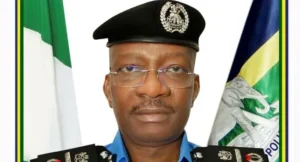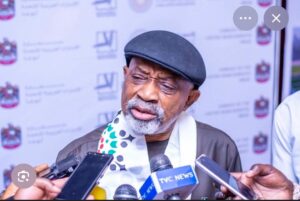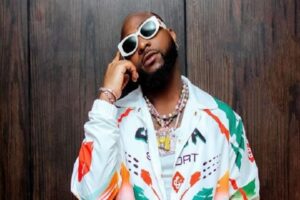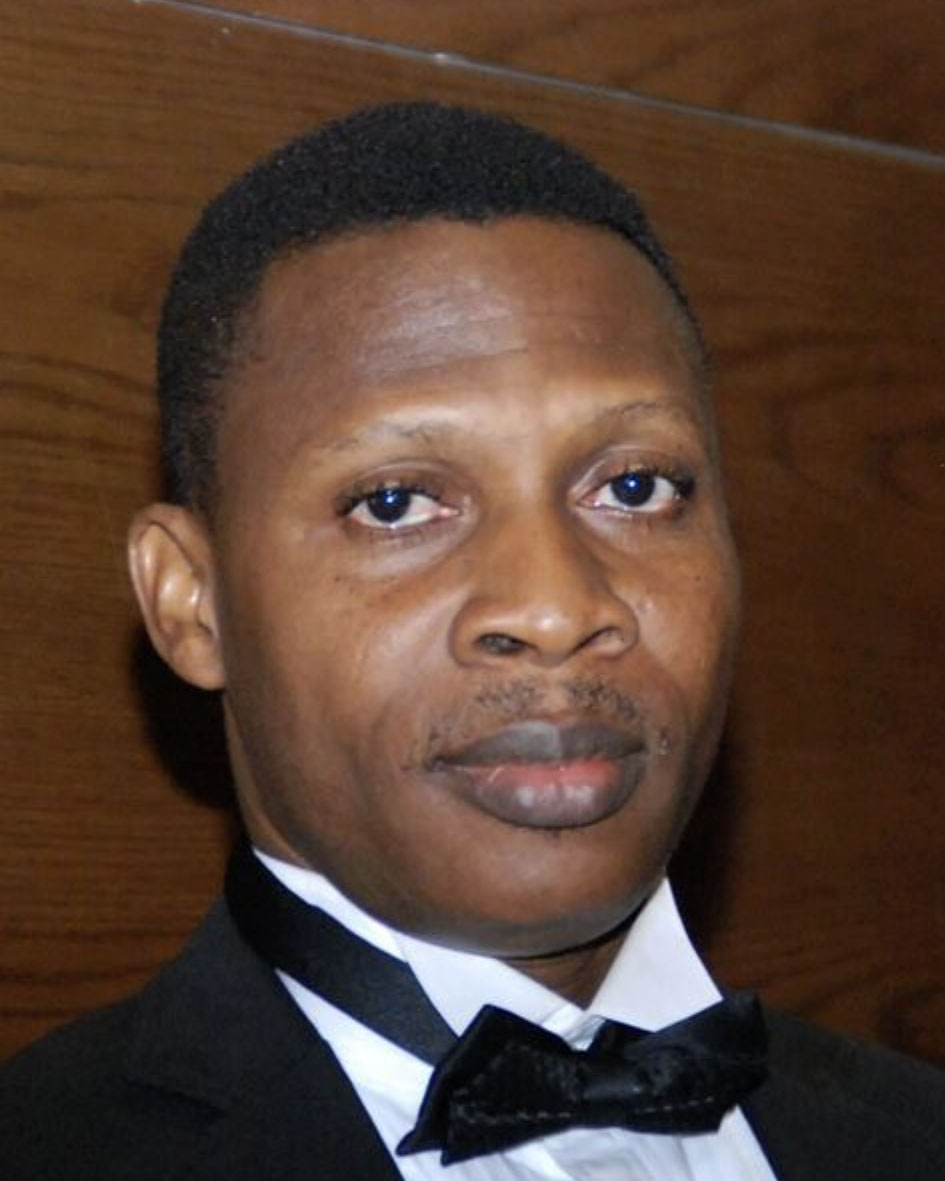
Screenshot
Who is a journalist?
By Ajibola Amzat
A recent altercation between Lere Olayinka, the Senior Special Assistant on Public Communications and Social Media to the Minister of the Federal Capital Territory, Nyesom Wike, and Rufai Oseni, TV anchor at Arise Television has resurrected an old debate about who is a professional journalist and who is not.
This is an old debate, except that both Olayinka and Oseni failed to elevate the discourse beyond the exchange of pejoratives..
As an undergraduate at the Mass Communication department, University of Lagos, I remember one of the debates thrown up in the eminent Professor Ralph Akinfeleye’s class was whether journalism is a profession or vocation? Should journalism be regarded a profession such as medicine, law, accounting, engineering etc?
Professor Akinfeleye in the small blue book which every year-one student was compelled to buy and read outlines the characteristics of a profession.
First, a profession requires formal education and training. This means that there must be a structure path of learning, often through accredited universities, polytechnics, colleges, or certification bodies.
Second, Professions are governed by ethical standards or codes that dictate proper behavior, integrity, and accountability to the public.
Third, a professional must be licensed to guarantee that a minimum standard is attained before practice.
Lastly, Professions often have self-regulatory bodies that monitor conduct, discipline members, and uphold high standards.
The question then was: does journalism meet this standard to be qualified as a profession? If so, should professional journalists be distinguished from the quacks?
Akinfeleye argued, I hope I remember him correctly, that a newsman is expected to meet all these criteria before he or she can be regarded as a professional journalist.
Implied partly in this argument is the assumption that a journalist must pass only through classroom before he or she can be truly certified as a professional.
While I agree with Prof Akinfeleye that training is a key component of the qualification for journalism practice, I reject the assumption that such training can only take place in the classroom. In fact, I have argued at several fora that journalists are better forged in the newsroom than in the classroom, certificate or no certificate.
And before someone says here comes another interloper, may I note that I have three journalism degrees in Unilag, Rhodes and Columbia.
My reason is here stated: There are many terrific journalists in Nigeria and elsewhere who might not have learnt journalism practice through classroom. Their first exposure to journalism was rather through newsroom. There, they learnt the practice and ethics, and became master of it. One of them is Bashorun Dele Momodu whom Mr. Olayinka described as non-journalist. Bob Dee reported for Africa Concord and others and rose to become editor. So it is no brainer that he is a journalist.
In my years at the Guardian, I had worked with many fine journalists who had never studied mass communication or any humanity courses in the higher institution of learning. One of them was my editor at the Property Desk, Mr Paul Okunlola who is one of the most competent journalists at Rutam House.
Oga Paul studied Architecture.
Also one of the most respected reporters and editors in the Oil and Gas sector today is Mr. Toyin Akinosho who studied Geology in University of Ife, now Obafemi Awolowo University. Mr Akinosho who now publishes Africa Oil + Gas Report was also an alumnus of the Rutam House.
Another Guardian alumnus is the award-winning investigative journalist, Fisayo Soyombo who studied Animal Science at University of Ibadan.
Abimbola Adunni Adelakun, now a Professor at University of Chicago Divinity School reported art and culture for Punch newspaper for many years before she started to write her regular column. She studied Language and Communication Art also at UI.
The list, in fact, is endless.
I like to note that the professionalization of journalism indeed is a recent phenomenon. It began in the late 19th century, primarily in the United States and Western Europe.
The first formal school of journalism is Missouri established in 1908, followed by my alma mater Columbia University’s Graduate School of Journalism in 1912 funded by Joseph Pulitzer, a great American journalist who himself never studied journalism.
Pulitzer Prize is arguably the highest journalism award and many Pulitzer Prize winners did not study journalism.
Dr. Sanjay Gupta is the multiple Emmy award winning chief medical correspondent for CNN
He received his undergraduate degree from the University of Michigan and a Doctorate of Medicine degree from the University of Michigan Medical School.
Wolf Blitzer who reported international news for CNN for several years earned a Bachelor of Arts degree in history from the State University of New York at Buffalo and a master of arts degree in international relations from the Johns Hopkins University.
In Nigeria, the pioneers of journalism practice like Herbert Macaulay, Kitoyi Ajasa, Nnamdi Azikwe , Chief Obafemi Awolowo did not study mass communication, or journalism.
Macaulay studied Engineering, Azikwe studied Political Science, Philosophy and Anthropology, while Ajasa and Awo studied Law.
One could say the same thing about fine journalists the like of Babafemi Ojudu. He studied English at Ife and Political science at Unilag.
Dapo Olorunyomi is qualified to be regarded as father of investigative journalism in Nigeria. Dapsy earned BA in English Studies and M.A. in Literature from Obafemi Awolowo University, Ile-Ife. There are many more like them.
Yet in the estimation of Mr. Lere Olayinka and other critics, these journalism icons are not journalists. If they are not, who then is a journalist?
Ajibola Amzat
May 2025
Share your story or advertise with us: Whatsapp: +2348033202396 Email: sentinelnewsng@gmail.com



